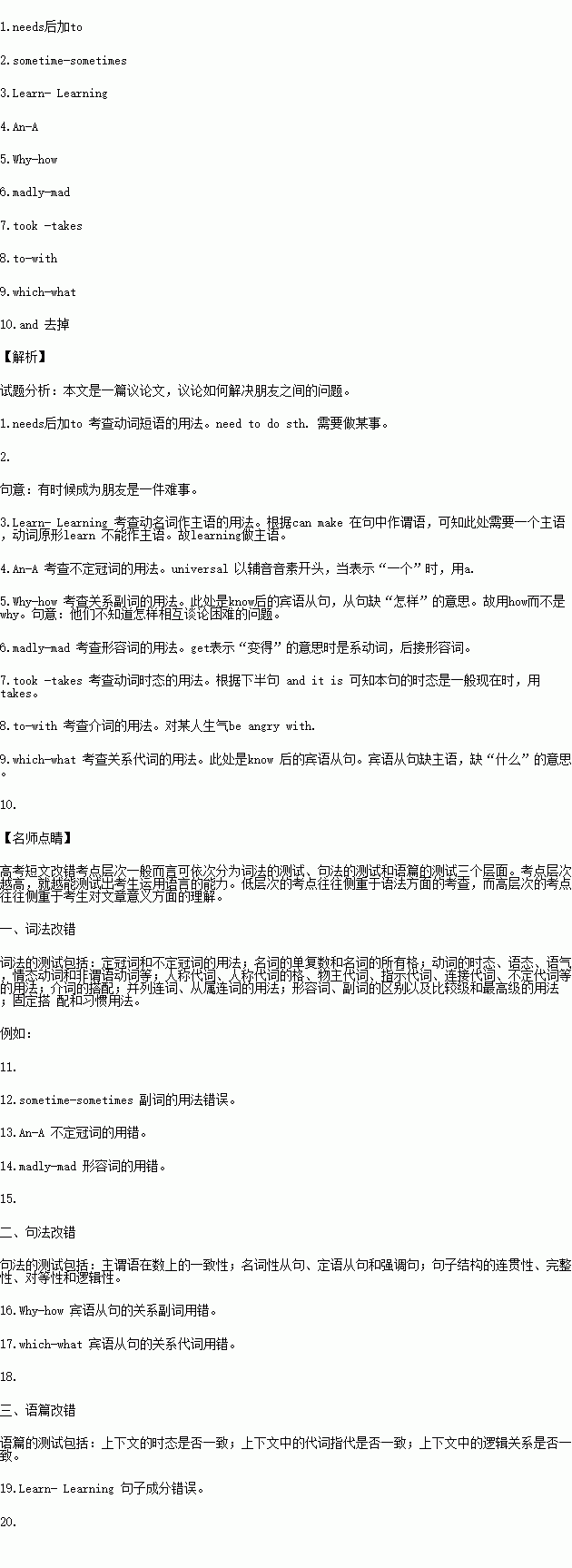MOOCs (Massive Open Online Courses) are free, but without tutoring, and are open to anyone, anywhere in the world. The courses are flexible – normally three to five hours of study a week – done at any time, short (5 to 10 weeks) and video-rich. They are also heavily dependent on crowd sourcing: you can discuss a course with fellow students through online forums, discussion boards and peer review. Students don't have to finish the courses, pass assessments or do assignments, but, if they do, they get a certification of participation.
The Open University launched FutureLearn, the UK's answer to US platforms such as Coursera, EdX and Udacity, which have been offering MOOCs from top US universities for the past two years. The response has been incredible, with more than three million people registering worldwide. Meanwhile, in 2012, Edinburgh University became the first non-US institution to join Coursera's partnership, comprising 13 universities. “We already run 50 online master's degrees, so this was a logical expansion,” says Professor Jeff Haywood, Edinburgh's vice-principal. “It's an investment in teaching methods research. How am I going to teach introductory philosophy to 100,000 people? That's what I call educational R&D.” He adds “If you look ahead 10 years, you'd expect all students graduating to have taken some online courses, so you've got to research that. Our MOOCs are no more in competition with our degrees than a lifelong learning course because they don't carry credits.”
Cooperation is key, Haywood stresses. It is far better to offer 20-30 courses in your own areas of expertise (专门技能) and let other institutions do likewise. Professor Mike Sharples, FutureLearn's academic lead, goes further: “We've tied the elements available before into a package of courses offered by leading universities worldwide on a new software platform, with a new way of promoting it and also a new social-learning teaching method. You won't just receive an exam, but be able to discuss and mark each other's assignments.”
Bath University, one of more than 20 universities working with FutureLearn, launches its first course, Inside Cancer, next January, and regards MOOCs as a way of breaking down age barriers. "There's no reason why someone doing GCSEs should not look at our MOOCs and get quite a way through them, or someone at PhD level and beyond," says Professor Bernie Morley, expert for learning and teaching.

1.MOOCs have these features EXCEPT that ___________.
A. MOOCs have a platform for learners to share their learning experience
B. MOOCs provide teachers’ instructions if you have some difficulty
C. MOOCs can be adjusted according to people’s learning pace
D. MOOCs are free of charge for anyone
2.The response to Future Learn has been thought to be unbelievable mainly because ___________.
A. all the courses on the platform are available to anyone in the world
B. the number of people registering in the platform is beyond expectation
C. Edinburgh University became the first non-US institution to join it
D. students can get a certification of participation without passing assessments
3.What can be inferred from Professor Bernie Morley in the last paragraph?
A. MOOCs are not so competitive as lifelong learning courses due to the problems of credits.
B. Inside Cancer will be the most popular course for someone doing GCSEs.
C. People at PhD level have already known everything about MOOCs.
D. People with various learning levels will probably show interest in MOOCs.
4.The passage mainly deals with ___________.
A. the advantages of online teaching methods
B. the various opinions on FutureLearn
C. the appearance of a new learning platform
D. the popularity of no-credit courses
 捷径训练检测卷系列答案
捷径训练检测卷系列答案 小夫子全能检测系列答案
小夫子全能检测系列答案


